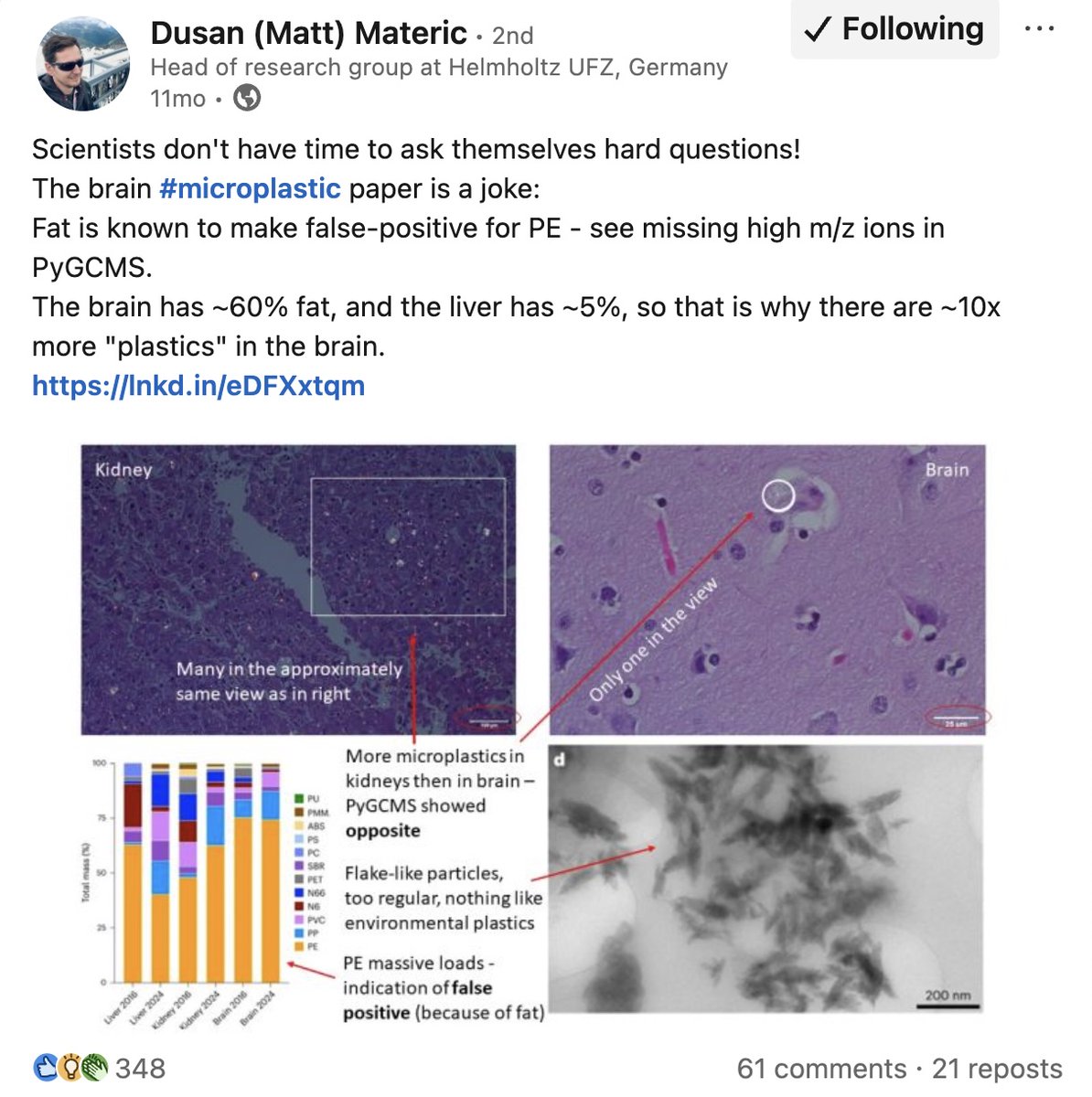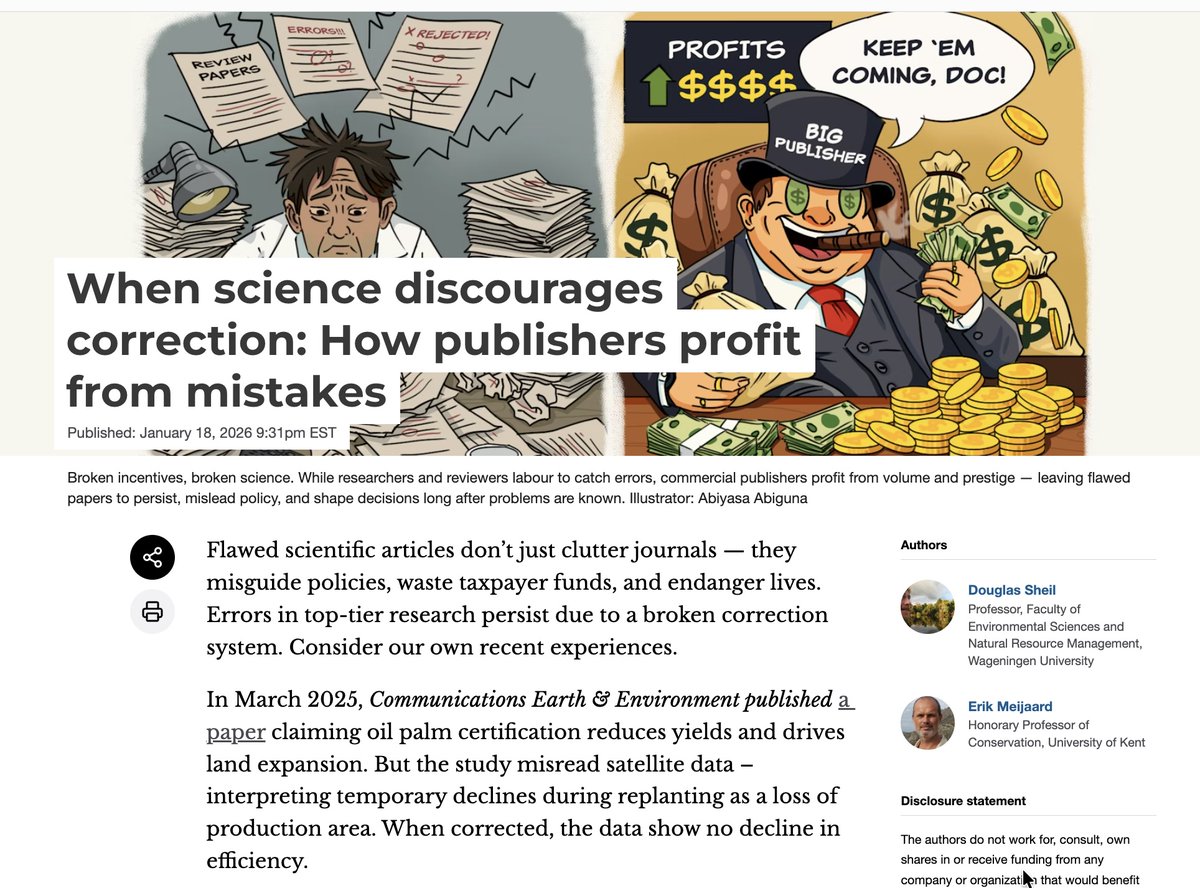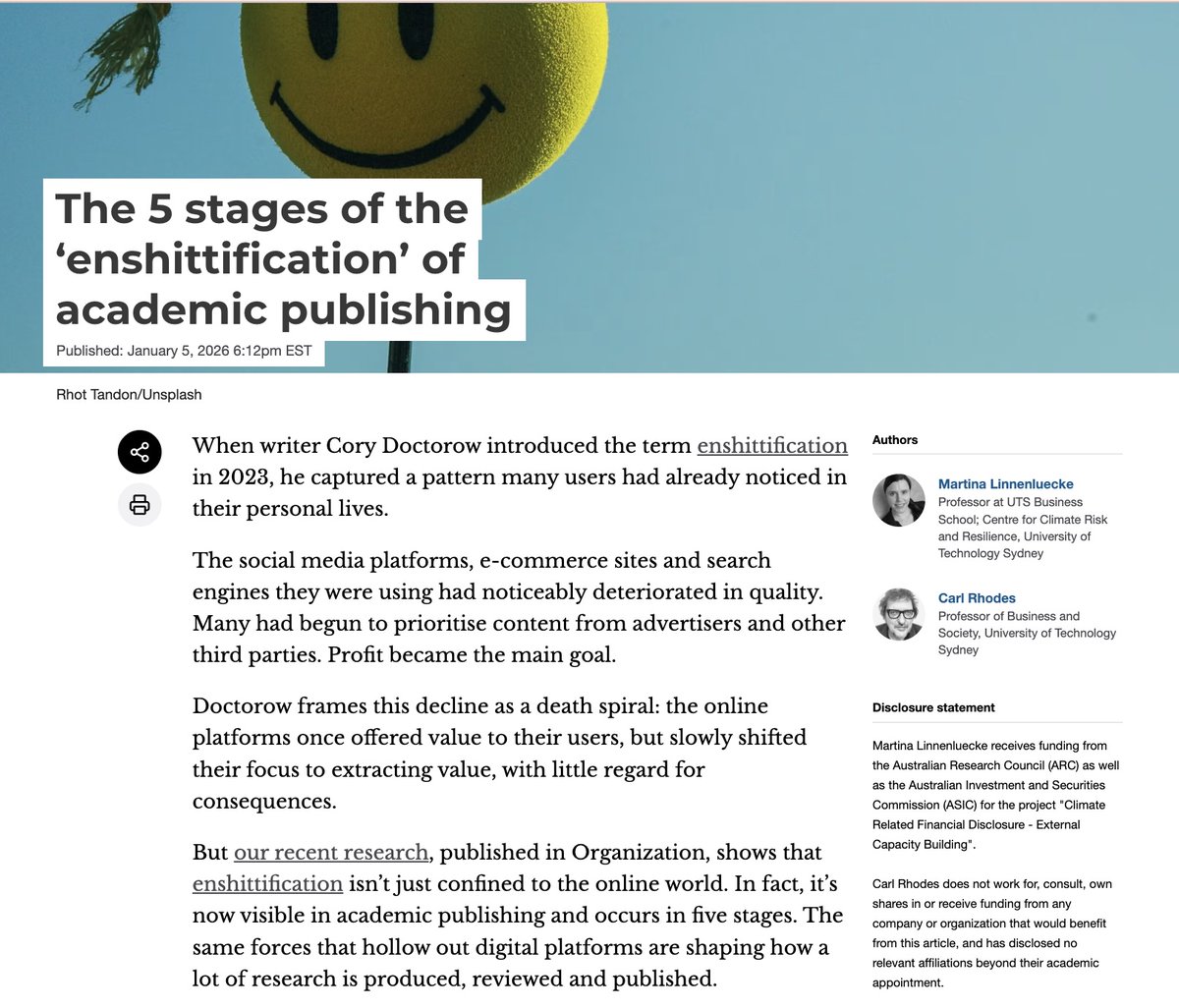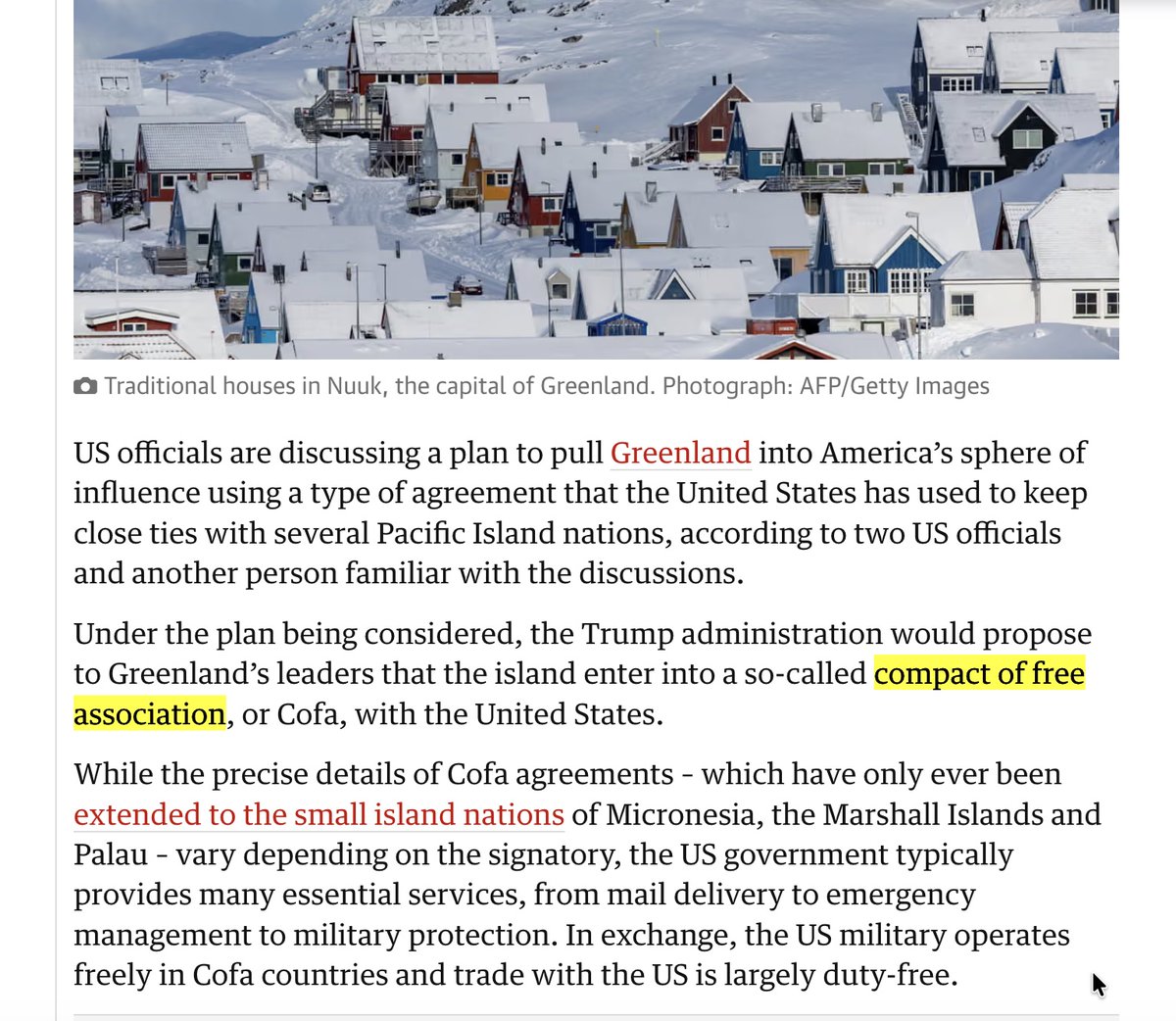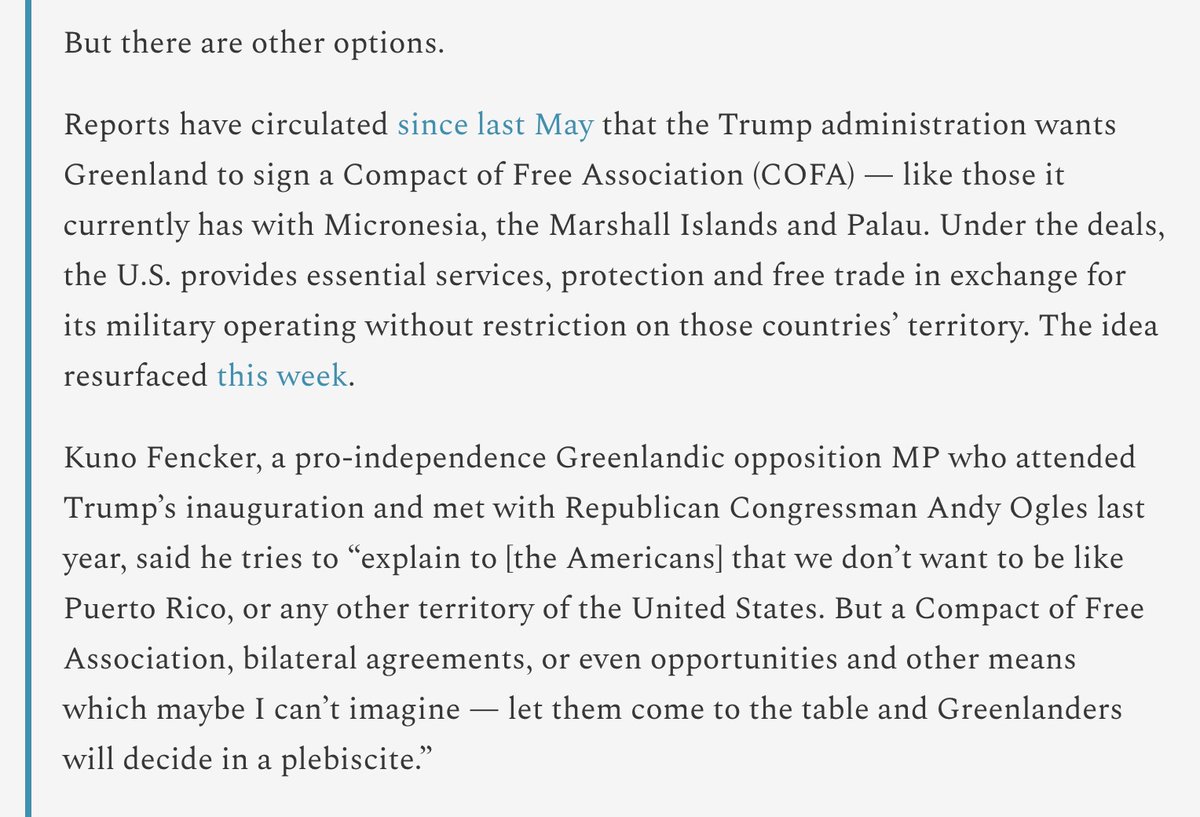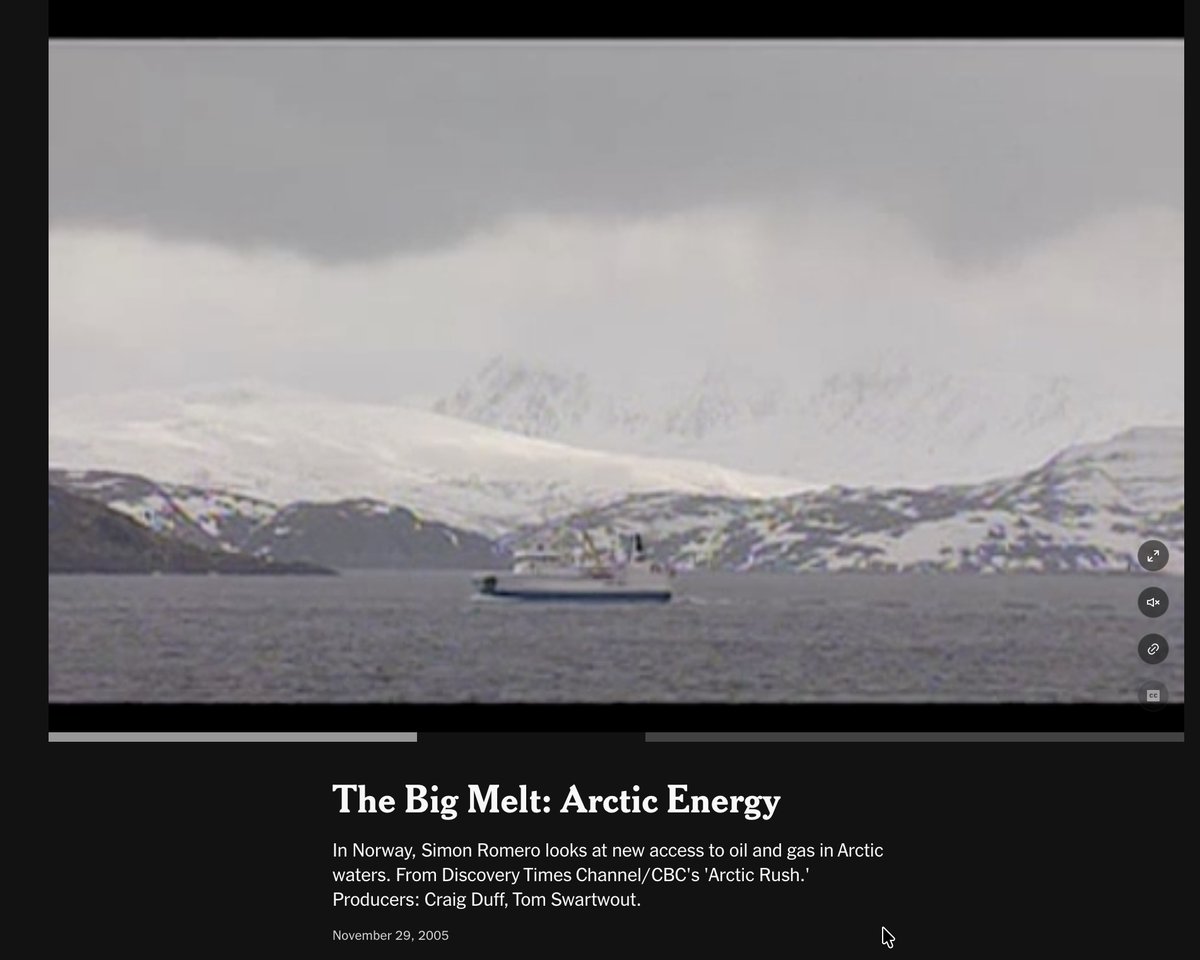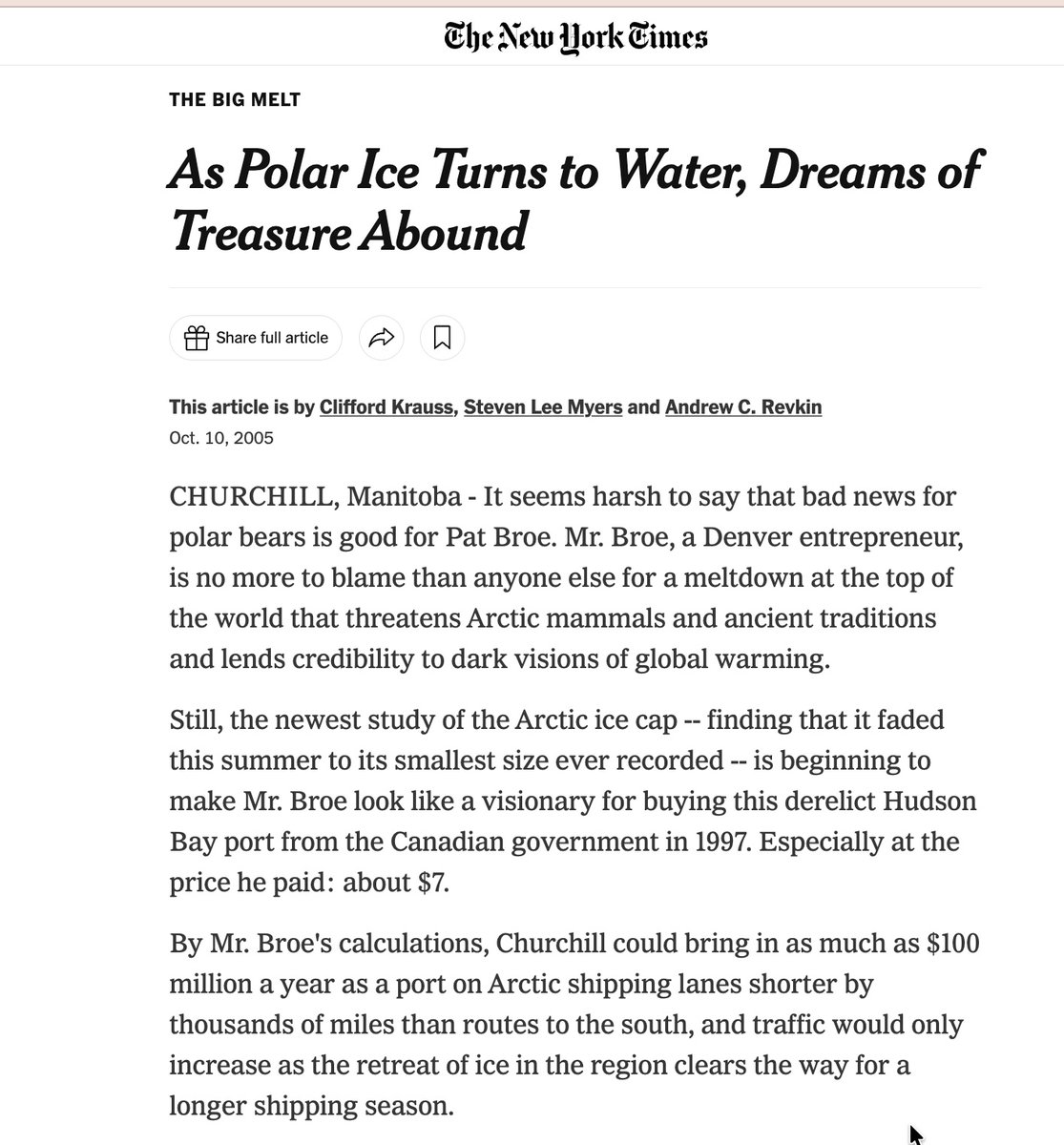With only nine or so vaquitas left in Mexican waters with little control on deadly nets set for a black-market fish, silence is replacing this tiny porpoise's vocalizations. Extinction looms. But the next 6 weeks can make a real difference. Read. Share: revkin.bulletin.com/41778589089738… 1/
Last week I was poised to write game over - that the conservation community should conserve resources for other efforts. I'd kept track via my @nytimes #dotearth blog for years, as numbers plunged from a couple hundred to a handful. China, particularly, seemed immovable. 2/ 

But in an interview last week, longtime vaquita scientist Barbara Taylor of @NOAAFisheries laid out four compelling reasons why a last-chance porpoise protection push is justified. The remaining handful of vaquitas are wary, fat and healthy, and not genetically bottlenecked. 3/ 



There's a funding gap of just $178,000 or so - ponder in the context of what billionaires have been spending money on lately - to get 2 vessels on the critical, and largely unprotected, "zero tolerance" core of the vaquita refuge when illicit fishing resumes mid September. 4/ 

There's plenty @POTUS & @LopezObrador_ can do via trade & security policy, as well, as @VFelbabBrown of @BrookingsInst & others laid out here brookings.edu/blog/order-fro… and here: brookings.edu/articles/resto…. But that'll take time, and there's no time left on the vaquita's waters. 5/ 



And that's why I just donated to cetact.org, which I'm told is the most direct route to funding crew time to get two vessels on the waters off San Felipe this fall. It shouldn't be hard to raise $178,000 to give the last 🐬🐬🐬🐬🐬🐬🐬🐬🐬 a chance. Here's why..⤵️ 6/ 

There's no ideological divide. Indeed, the need to save the vaquita may in fact be the only thing that both @LeoDiCaprio, a key force behind the @seaofshadowsSOS film, and right-wing radio host Michael Savage of @ASavageNation agree on. LISTEN here. 🔊 7/
There's lots more in my story, "A Porpoise at the Precipice," on my new #bulletin dispatch, #sustainwhat: revkin.bulletin.com/41778589089738… Please subscribe and share, and do consider donating to the organization above, as I did. 8/
The endangered totoaba targeted by the Sea of Cortez fishing surge, and a drowned vaquita. 9/9 revkin.bulletin.com/41778589089738… 

One of the toughest moments for #vaquita conservation came in 2017, when @VaquitaCPR's last-ditch effort vaquitacpr.org at captive management failed (@mongabay news.mongabay.com/2017/11/vaquit…). But there are other options left to pursue: revkin.bulletin.com/41778589089738…
• • •
Missing some Tweet in this thread? You can try to
force a refresh


